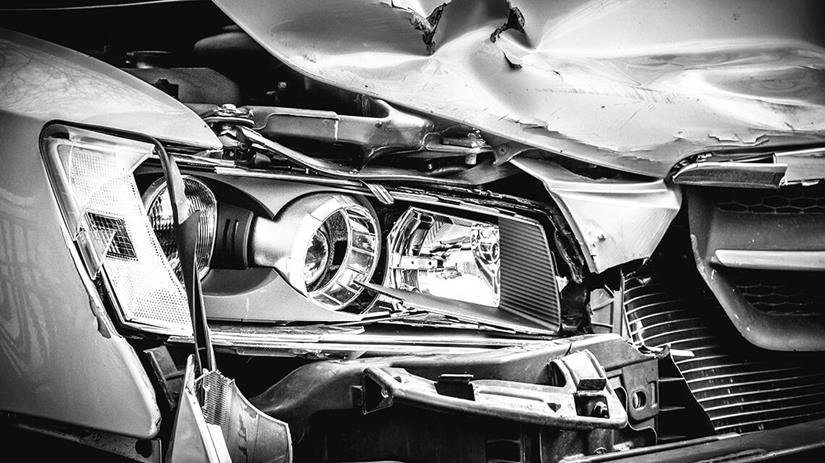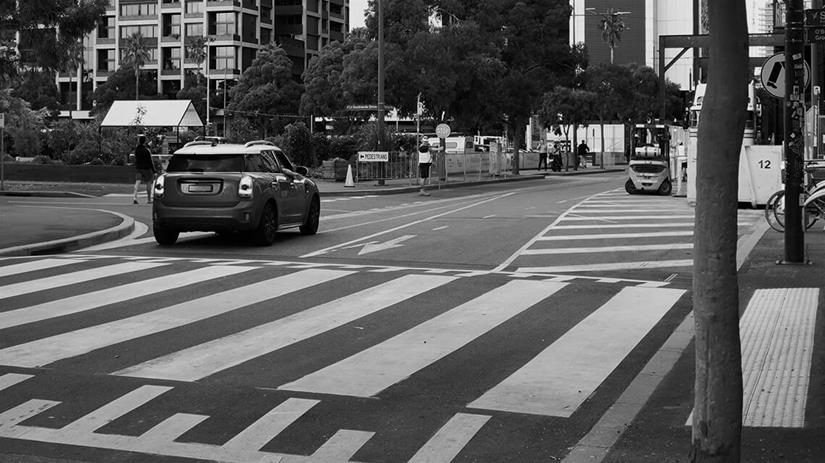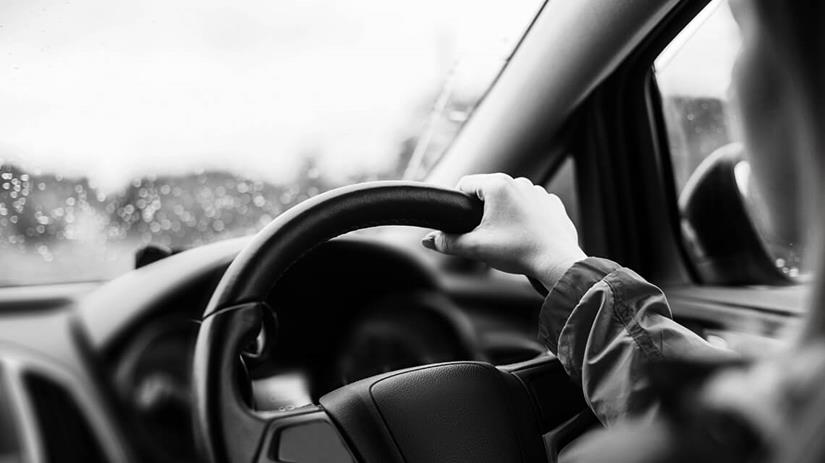If you’ve ever been in a car accident, you’d know they can be stressful, traumatic and extremely expensive. So, it’s not surprising that lots of people out there have questions around what happens if you’re involved in a prang with an uninsured driver.
The confusion around Compulsory Third Party (CTP) insurance
CTP insurance is a registration requirement in all Australian states and territories. In most, with the exception of in NSW, it is included as part of your registration. In NSW (where CTP is often called “Green Slip insurance”), you need to purchase CTP insurance separately before you can register your motor vehicle.
So, as long as the car that hits yours is registered, the owner should have insurance coverage against liability for any personal injury their vehicle causes. Still, as CTP doesn’t cover property damage, the vehicle owner won’t be covered for any damage their vehicle causes to property – such as your car – unless the other driver is covered by a comprehensive, third-party fire and theft, or third-party property only insurance policy.
So, what does happen if somebody without appropriate insurance hits your car?
Well, it depends on two things. Firstly, who is at fault, and secondly, what type of insurances the parties have.
Whenever there is a motor vehicle accident, the question of fault is central in determining who will be liable for damages. In some cases, if the other driver hits your car, they will be at fault. But this is not always the case. Determining who is at fault can be tricky and is best left to the police and your insurance company who will consider each accident on a case-by-case basis.
Let’s explore a few scenarios about how insurance coverage will affect the liability of parties to a motor vehicle accident:
Scenario #1: You have Comprehensive insurance, and the other driver is uninsured
In this scenario, regardless of who is at fault in the accident, you will usually be covered as your comprehensive insurance may cover you for any accidental damage.
If you’re deemed to be the driver at fault, you will have to pay an excess, but the cost of repairing or replacing your car and the other driver’s car will usually be covered. You will likely also be covered for any damage you caused to other people’s property in the accident.
If you are not the driver at fault, you shouldn’t have to pay any excess, provided you give your insurance company the details of the at-fault driver and their vehicle. Your insurance company will arrange for your car to be repaired and pursue the other driver on your behalf to recover the cost of your repairs.
Scenario #2: You have Third-Party Fire & Theft or Third-Party Property Only insurance, and the other driver is uninsured
In this scenario, if you are deemed to be the at-fault driver, after the excess is paid, your insurance should cover the cost of damage caused to the other car and the cost of repairing or replacing other damaged property. However, you will not be able to claim for the damage to your own vehicle and property, so you will need to pay for your own repairs or replacement vehicle.
If you’re not at fault, the other driver may be responsible for the cost of repairing or replacing your vehicle, but you can’t make any claim through your insurance company. Instead, you will need to negotiate a settlement yourself with the other driver. If they refuse to pay, you might need to consider pursuing your claim in court, which can be expensive, risky and time-consuming. If you find yourself in this situation, you may want to consider seeking professional legal advice on the best way to proceed with your claim.
Scenario #3: You are uninsured, and the other driver is also uninsured
In this final scenario, if you are at fault, you may be responsible for paying for damage you caused to the other car and any other property. If you refuse to pay or simply can’t pay the other driver, you might find yourself being sued.
If you are not at fault, the other driver will be responsible for the cost of repairing or replacing your car. As with scenario two, you may have to negotiate a settlement or pursue the matter in court.
What should you do if you have an accident?
If ever you’re involved in an accident, the first thing you should do is stop and assist anybody that has been hurt. Make sure you stay with your vehicle. Call 000 if there is an injury that requires medical attention or if the accident has caused a threat to public safety, such as traffic congestion or a fuel spill. Every year, there are many motor vehicle accidents where quick and decisive action by those on the scene has saved somebody’s life.
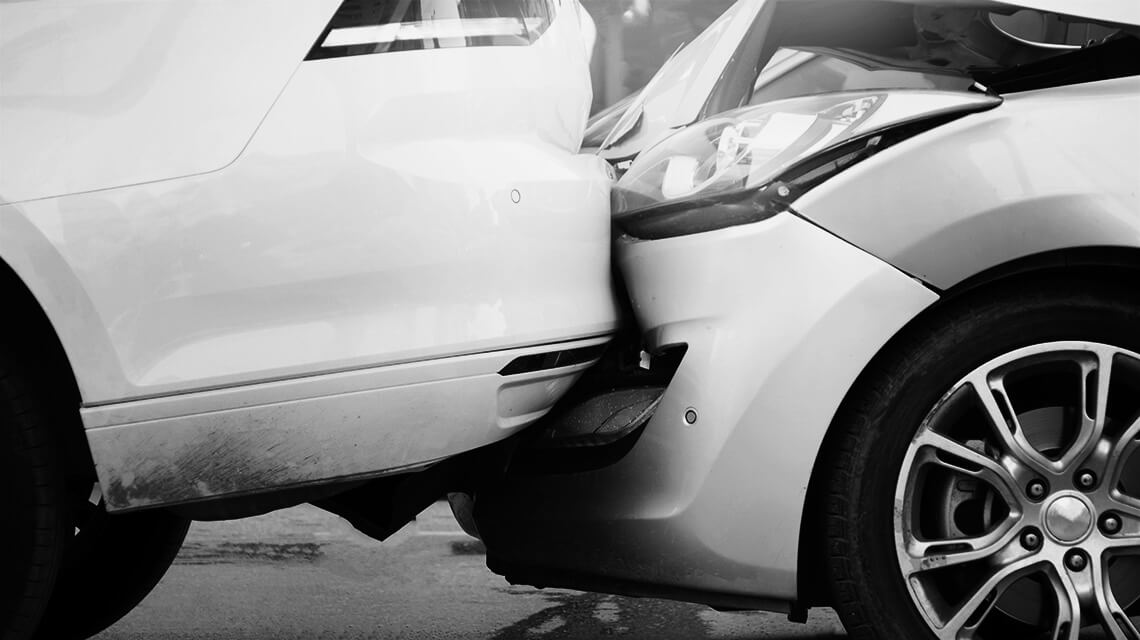
You should also call the police if you suspect drugs or alcohol are involved in the accident, a driver is refusing to provide details or if a party has an impairment or disability that requires police assistance.
Depending on the state you are in, you may also need to call the police to the scene if there has been significant damage to another person’s property and that person, or their representative, is not at the location.
If in doubt – call emergency services.
Once the accident scene is safe, you should exchange details with any person whose property was damaged. This will include giving your contact details and obtaining their details, but you should also:
- Get the details of the car they were driving.
- If they are not the owner, get the name of the person or company that owns the vehicle and the name of their insurance company (if they know it).
- Record the date and time of the accident and use your mobile phone to photograph the scene and any noticeable damage to the vehicles involved (including your own).
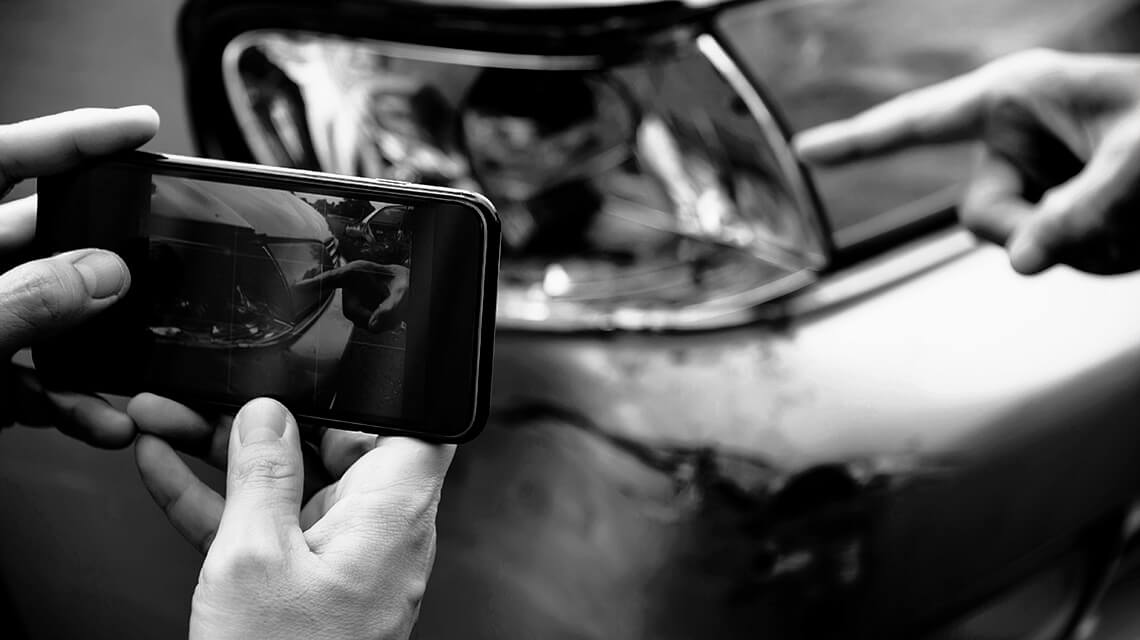
Once this has been done, you can leave the scene. If your car is undriveable, you should immediately call your insurance company to start a claim and follow their advice regarding having your vehicle towed to a repairer.
Note: Whatever else you say to the other party, we recommend that you do not admit liability by telling them the accident was your fault. Determining who is at fault should be left to the police and/or your insurance company. If you haven’t done so at the scene, contact your insurance company as soon as possible to make them aware of the accident.
While you’ll hopefully never need to use any these tips, knowing them and then putting them into place if you’re involved in an accident could make a big difference in helping to get you and your car sorted sooner.
What to find out more about our car insurance options? Start a quote today.
The laws of each state and territory vary and there may be different rules and requirements on people involved in a motor vehicle accident. We recommend that you acquaint yourself with your obligations before travelling. If in doubt – call 000.
The information provided in this article contains general advice only. It has been prepared without taking into account any person’s particular objectives, financial situations or needs.
Premiums and savings subject to rating, underwriting, and individual circumstances. Product issued by Youi Pty Ltd. Consider our car insurance product disclosure statement at www.youi.com.au when deciding whether our products are appropriate for you.

